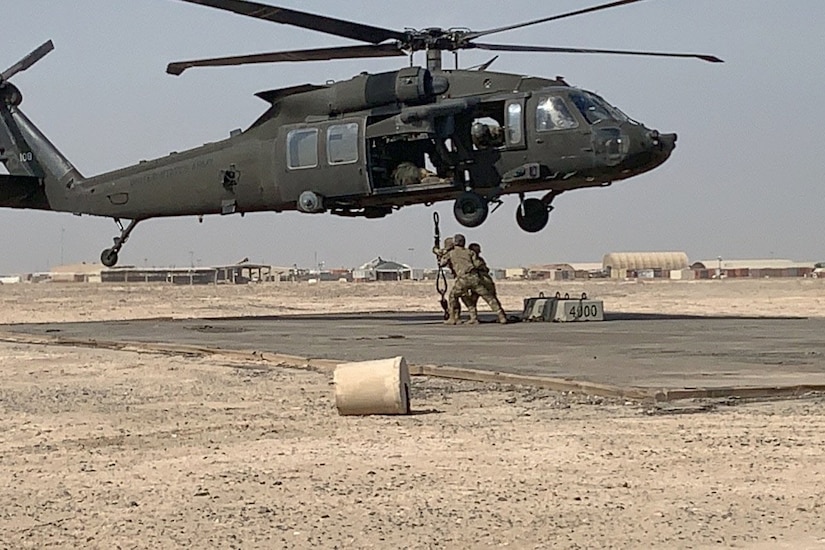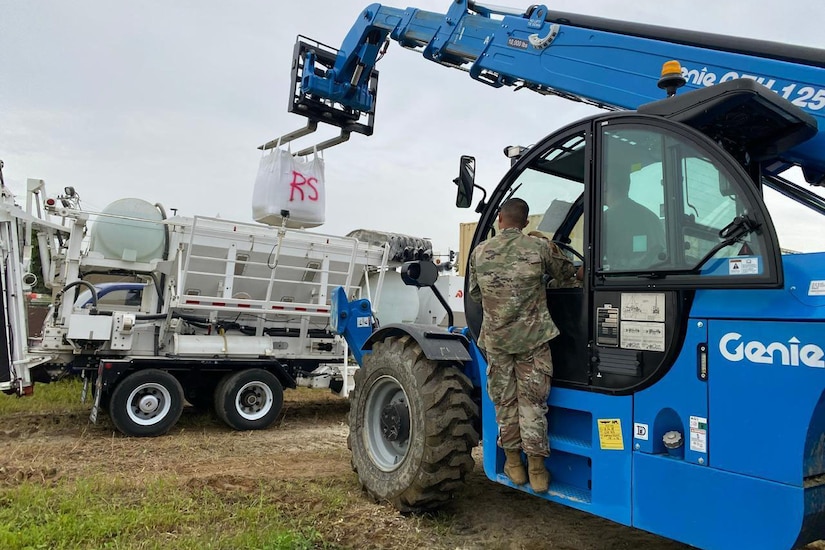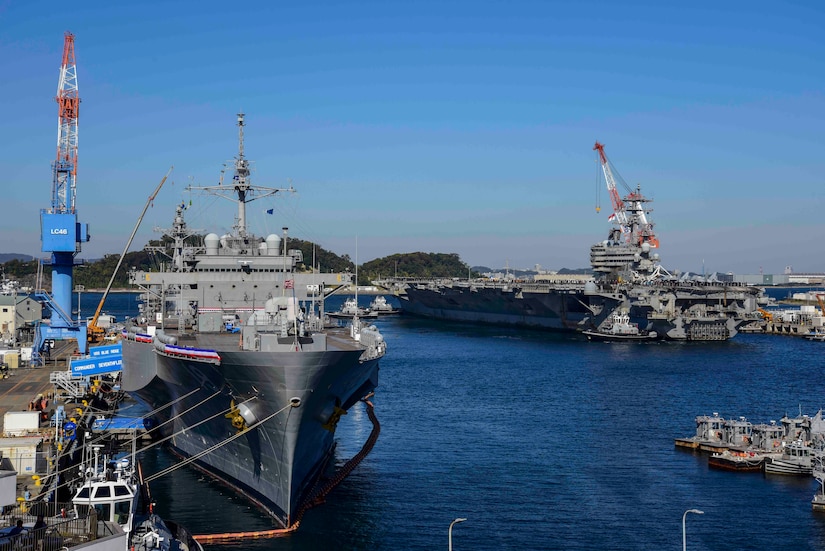Nov. 17, 2020 | , DOD News
With the exception of a couple of organizations, the Defense Department has completed most of its third annual comprehensive financial statement audit covering the entire enterprise, worth about $2.9 trillion, a DOD official said, adding that there have been improvements resulting from the audit that will directly benefit the warfighter.

As of Nov. 12, DOD had cleared more than 530 findings, which are 16.3% of the discrepancies from the prior year’s audit, Thomas W. Harker, who is performing the duties of the under secretary of defense (comptroller)/chief financial officer, said at a Pentagon press briefing.
Several hundred more discrepancies should be cleared by next month when auditors complete their work. None of the discrepancies were related to fraud, he noted.
The cost of this year's audit was approximately $203 million, he said, with about $700 million in savings identified.
The ultimate goal is to get a clean financial statement audit opinion across the entire department, Harker said, but the lack of a positive opinion should not be regarded as a failure.

"We've been clear that this is a journey that will require a sustained effort over several years. And we remain committed to this goal and continue to make significant progress," Harker said.
The DOD audit is actually 24 separate audits of the military services, as well as defense agencies.
Harker provided some examples:
- The Navy eliminated three material weaknesses, two on their general fund and one on their working capital fund; the Marine Corps eliminated one material weakness, he said.
- The Defense Information Systems Agency has improved its business processes and controls, resulting in decreased time required to deliver property to customers, improved accuracy of property records and improved accuracy of financial statements.
Among the organizations expected to receive a clean audit, besides DISA, are: the U.S. Army Corps of Engineers — Civil Works; the Military Retirement Fund; the Defense Health Agency — Contract Resource Management; the Defense Contract Audit Agency; the Defense Finance and Accounting Service; the Defense Commissary Agency; and the DOD's Office of the Inspector General.

Due to the COVID-19 pandemic, auditors were prevented from doing a lot of in-person travel and testing, he said. Nevertheless, the auditors did a lot of virtual testing, using such things as digital media and photos.
Independent public accounting firms, along with DOD and the Office of the Inspector General perform the audits. About 1,400 auditors conducted more than 100 in-person site visits this year and more than 530 virtual site visits, he said.

Audit remediation is one of the major components of the National Defense Strategy lines of effort focused on reforming business processes for greater efficiency and effectiveness.
Harker said the audit provides the following benefits:
- Improves the quality of the department's financial statements and underlying data available to the public, including providing a reliable picture of its assets, liabilities and spending.
- Highlights areas where the department needs to improve its accountability over assets and resources.
- Improves cybersecurity.
- Provides accountability and transparency to Congress and the American public.
- Identifies legacy systems that need to be eliminated.
- Identifies where too many systems are in place and where consolidation of systems will improve efficiencies.
- Identifies previously unknown equipment that's available for the warfighters.
- Provides more accurate financial data that gives leaders improved ability to use that data to make decisions.








No comments:
Post a Comment